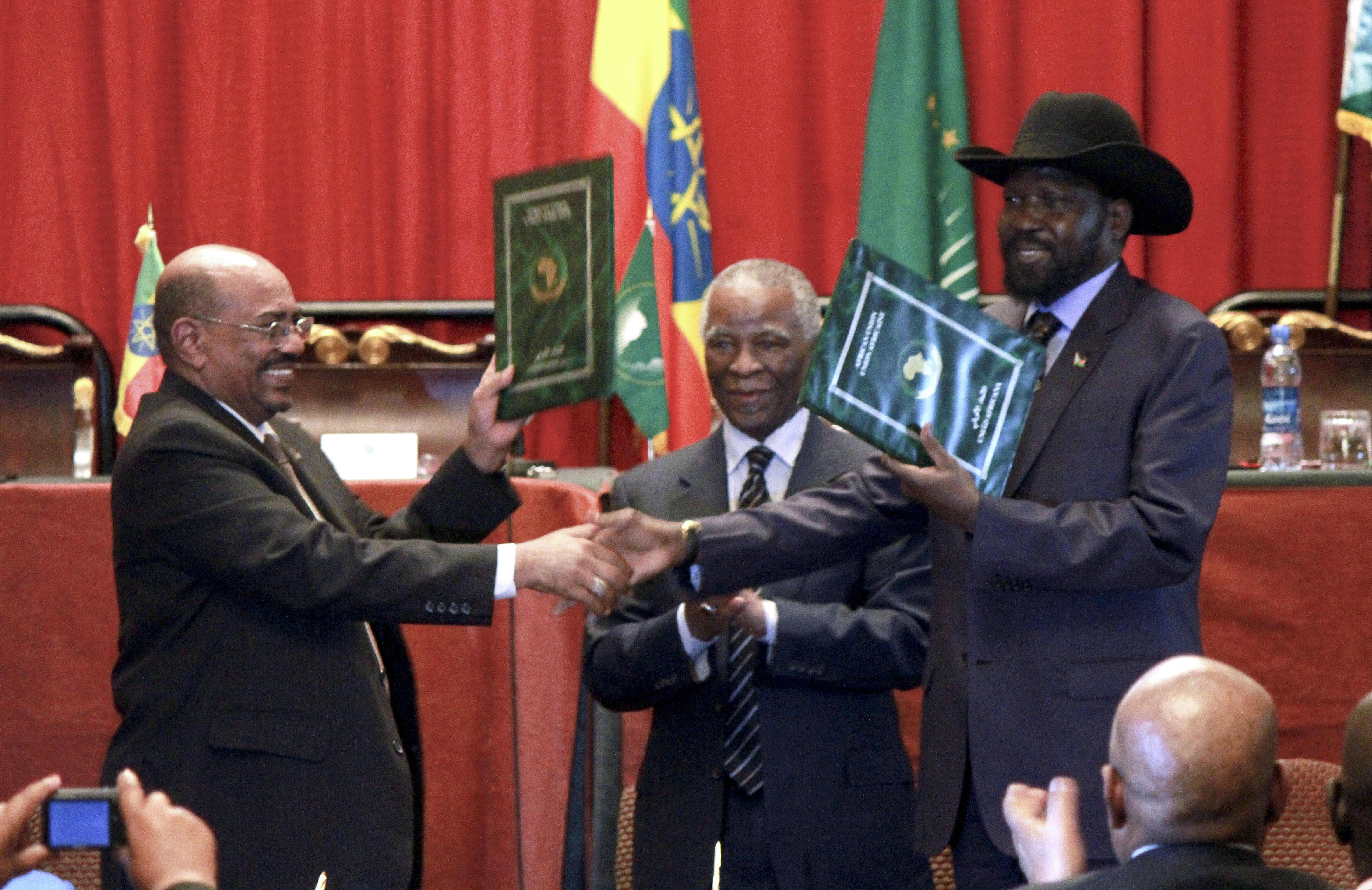
Throughout the last fifty years of war between North and South Sudan, peacemaking efforts have never simply been about the quality of mediation. Experience has demonstrated that without international unanimity and pressure, diplomatic efforts to resolve the cycle of conflict between North and South were, by themselves, insufficient to support peace. That is true again today, as a long mediation effort, conducted under the auspices of the African Union High-Level Implementation Panel, or AUHIP, headed by former South African President Thabo Mbeki, begins to wind down. Without a strong stand now by the U.N. Security Council, the ambiguity of the next difficult steps in negotiations could undermine the prospects for peace.

